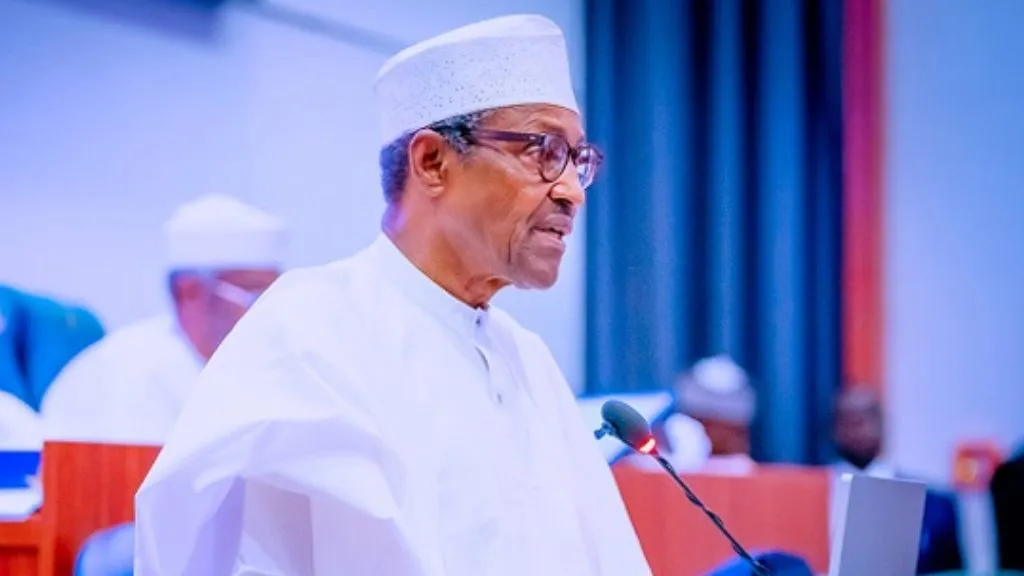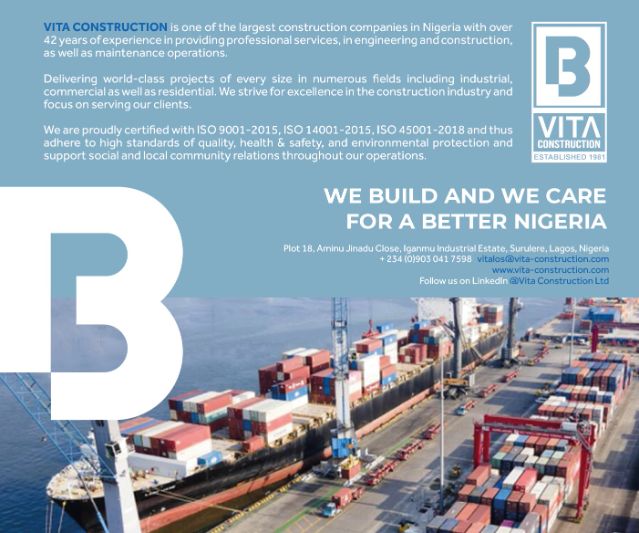Until the outbreak of war in Sudan in early April, fewer Nigerians knew the Northeast African country is home to as much as three million Nigerians, notwithstanding its deleterious past and the current grinding civil war.
The ensuing imbroglio and stalemate that followed the deft declaration by the two war-mongering Generals: Abd al-Fatah al-Burhan of the Sudan’s military and Muhammad Hamdan Daglo (Alias Hemeti) of a paramilitary force known as Rapid Support Force (RSF), revealed the extent at which Nigerians, especially of the Northern extraction warm up to that country, something said to have predated centuries.
Abike Dabiri-Erewa of the Nigerian in Diaspora Commission (NiDCOM) had hinted that there were 5,500 Nigerians students in Sudan before conflict erupted amid claims by student organizations based in Sudan that up to 10,000 Nigerians were studying in the beleaguered country before some of them were evacuated after days of delay which left many stranded at the desert en route the Egyptian border.
By tradition, students from Northern Nigeria favour migrating towards Sudan and other countries in the heart of the Sahel, up to Egypt. But their Southern counterparts who cannot ‘japa’ to western countries and are not interested in domestic education due to incessant strikes by varsity lecturers (ASUU), prefer Ghana, Benin and other countries along the West African Coast. This speaks largely to the divide in the North-south contrasting civilizations in this country as embellished by a sense of brotherhood and ethno-religious leanings of course.
For instance, Chief Olusegun Obasanjo’s presidency was so popular among countries bordering Nigeria to the West, that he was able to influence who becomes what in Benin and Ghana up to Cote’dvoire throughout his eight years in office. His grip and influence in the region spanned several years after leaving power. The Lagos lord, Asiwaju Bola Tinubu might thread a similar path during his soon-to-be-inaugurated presidency as he was reported to have played a huge role in the re-election of ousted Guinean President, Alpha Condè back in 2015. Hence, his Guinean connection, including his controversial diplomatic passport; perjury claims and business dealings.
On the other hand, President Muhammadu Buhari’s popularity in the Sahel gives credence to the way Nigeria has been so generous to its northern neighbours in the last eight years, to the extent that his administration approved the construction of a whooping $1.96bn rail line (of 228 km) from Kano, Northwest Nigeria to Maradi — a Nigerien city. Yes, the Nigerian government has defended the project to say it will boost trade and commerce, but Buhari’s detractors are saying the connection runs so deep, deeper than what’s on the face value of it.
Only recently, the outgoing President contemplated relocating to Niger Republic upon the expiration of his tenure on May 29, throwing up memes and conjectures. As if that was not enough, on Tuesday, 23rd May, 2023, Buhari at the commissioning of the Nigeria Customs Headquarters in Abuja said: “I said if anybody with force moves, I have a good relationship with my neighbours. Niger people will defend me,” touting his administration’s cordial relationship with Niger Republic, largely populated by people of his Fulani ethnic stock, with herders accused of running amok with their cattle across Nigerian border towns and hinterlands.
It’s very convenient to dismiss Buhari’s retirement musings as mere banter talks. But some had argued that perhaps the President muttered the ideas to relocate on the account that the Fulani culture and traditions in Niger is more unadulterated than it’s being practiced in Buhari’s Daura hometown, which is not far from the Nigerien border by the way. Overall, what has stuck with his administration is the general perception-cum-belief that President Buhari is an ethnic zealot, whose open biases against popular superior arguments, reflected in many aspects of state policies and actions in the last eight years.
An immigration officer once told me that these state-inspired connections and breaches dating to centuries often weaponize nepotism and corruption among border post officials. Also, this might explain one of the reasons why Nigeria has not been able to police its borders amid its insecurity woes, leaving them porous from Gamboru in Cameroon through Chad; Dole-Kaina and Kamba in Kebbi state en route Niger Republic to Idiroko, Seme border towns in Ogun and Lagos respectively.
This much, sometimes informs how different groups within the country envision Nigeria today and in the future; its internal security; economic priorities as well as the foreign roles the country should take up within the African continent and the world as there is an absence of any pan-Nigerian dreams reached by consensus to give direction and checkmate excesses of any incumbent government.
Until the nation streamlines its aspirations, dreams and what should be the dominating national goals, Nigeria, a sleeping giant, would remain a tale of conflicting ideologies and civilizations which are often smuggled into state policies and programmes.











